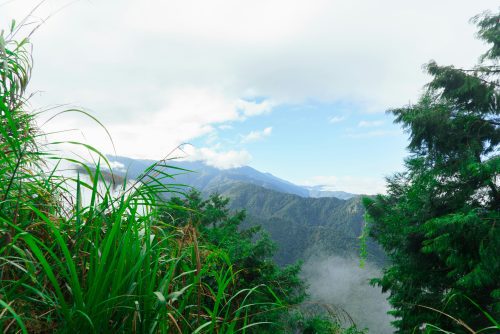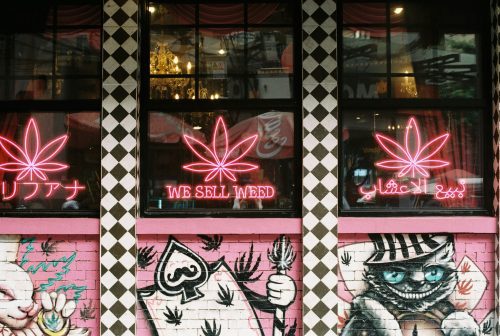Farmers will be growing hemp in Washington sooner, rather than later. A new bill signed into law by Washington Gov. Jay Inslee, is opening the gates for hemp cultivation. House Bill 2064 officially takes hemp out of the crosshairs of the Controlled Substance Act of 1970 (CSA,) per the Washington State Legislature. This bill is sponsored by Republicans and Democrats. HB 2064 doesn’t decriminalize hemp on the federal level, just in Washington.
Renee Johnson, an Agricultural Policy Specialist, wrote a 36-page report on the ins and outs of the hemp industry for the Congressional Research Service (CRS.) It’s hard to ignore the money hemp based products are generating. U.S. sales are an estimated 600 million dollars annually and have increased by 15 percent in the last five years. The U.S. imports all its hemp, most of it coming from Canada. U.S. imports totaled close to 73 million, per the CRS report.
Before HB 2064, there were attempts to loosen regulations on hemp. The Washington Industrial Hemp Bill was passed in accordance with the Agricultural Act of 2014. This started the Industrial Hemp Research Pilot (IHRP.) The IHRP will issue licenses to grow hemp for research it’s commercial viability, per the Washington Department of Agriculture. The IHRP can start issuing licenses when the law kicks in on May 15.
“People are eager to get started,” Emily Febles said.
Febles coordinates the IHRP, and designed all the regulations for the program. HB 2064 will not change the IHRP because it’s governed by a different law, RCW 15.120.020. De-scheduling hemp won’t change anything as it pertains to the IHRP, Febles explains.
Hemp is part of the marijuana plant, but it has no psychoactive properties. If people can’t get high from it, why was it put on the CSA in the first place? It started with The Marijuana Tax Act of 1937 (MTA) was signed into law. There’s a lot of rumors floating around about why the MTA came to be. Many include insidious tales of William Randolph Hearst and The DuPont Company spreading marijuana propaganda to ensure their paper and textile businesses never faced competition from hemp. That big business and a few wealthy others used their Illuminati-like influence to outlaw cannabis and hemp. Unfortunately, the facts don’t back these up.
“I’ve looked into these; there’s no evidence that they were correct. I think they come from people who can’t believe that you could actually just be against marijuana just because it’s marijuana,” David F. Musto, an expert on drug policy, told PBS Frontline.
The late David F. Musto served under President Jimmy Carter as an expert on U.S drug policy and specifically, attitudes towards marijuana. As it turns out, the truth hits closer to reality. The MTA came about because of misplaced and widespread fear of Mexican immigration and recreational weed use in the early 1900’s, (sound familiar?) This was perpetuated further by flawed scientific studies of marijuana, linking it to violence and deviance, Musto explains in an interview with PBS Frontline.
This fear lead to the creation of the Federal Bureau of Narcotics in 1930 and Harry J. Anslinger was appointed its first commissioner. Hearst and The DuPont Company may not have spread propaganda against marijuana, but Anslinger did. He was the party responsible for creating “Reefer Madness.” This famous marijuana propaganda film, played now as a joke, had devastating consequences in 1936.
Shortly after the MTA was signed into law, officially criminalizing cannabis and hemp. It was designed from The National Firearms Act, Musto explains. The government went after automatic weapons by saying you couldn’t loan, buy or borrow an automatic weapon without first purchasing a “machine gun transfer stamp.” But, you couldn’t buy one because they were never for sale. The MTA works in the same way because you can’t grow hemp unless you buy a non-existent license from the government. 33 years later, the CSA was created, making cannabis and subsequently hemp, a Schedule I drug. In 1973, the DEA was created out of the Federal Bureau of Narcotics and Drug Abuse Law Enforcement, according to PBS Frontline.
HB 2064 goes into full effect on July 23, 2017. There is no word yet on how many people will start growing once the law is in effect.








